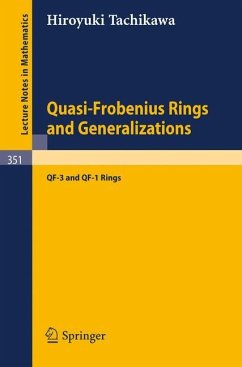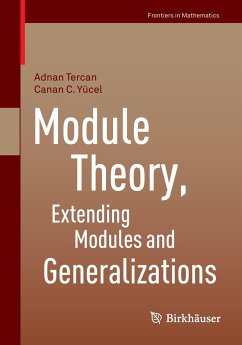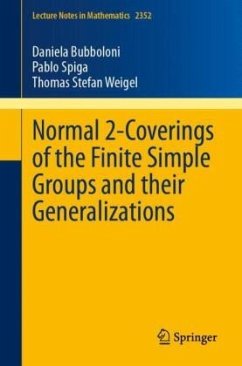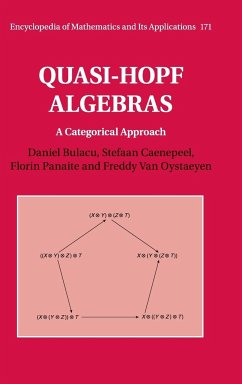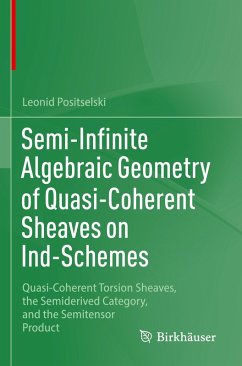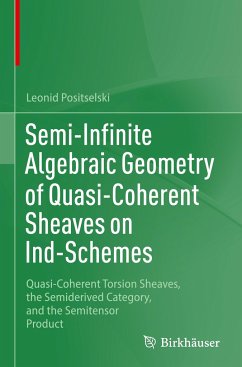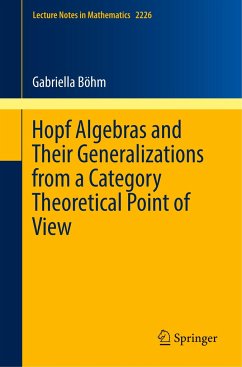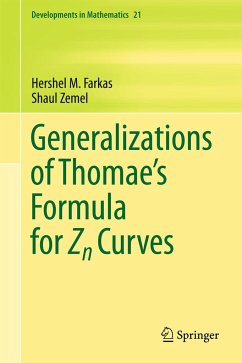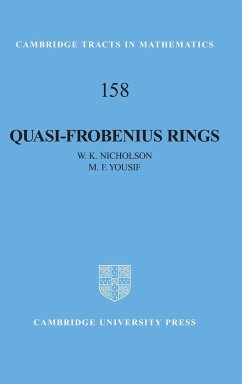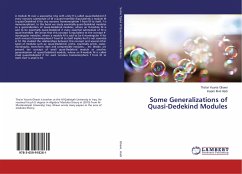
Some Generalizations of Quasi-Dedekind Modules
Versandkostenfrei!
Versandfertig in 6-10 Tagen
37,99 €
inkl. MwSt.

PAYBACK Punkte
19 °P sammeln!
A module M over a associative ring with unity R is called quasi-Dedekind if every nonzero submodule of M is quasi-invertible (Equivalently a module M is quasi-Dedekind if for any nonzero homomorphism f from M to itself, f is monomorphism). In this book we study essentially quasi-Dedekind modules as a generalization of quasi-Dedekind modules, where an R-module M is said to be essentially quasi-Dedekind if every essential submodule of M is quasi-invertible. We prove that this concept is equivalent to the concept K-nonsingular modules, where a module M is said to be K-nonsingular if for each nonz...
A module M over a associative ring with unity R is called quasi-Dedekind if every nonzero submodule of M is quasi-invertible (Equivalently a module M is quasi-Dedekind if for any nonzero homomorphism f from M to itself, f is monomorphism). In this book we study essentially quasi-Dedekind modules as a generalization of quasi-Dedekind modules, where an R-module M is said to be essentially quasi-Dedekind if every essential submodule of M is quasi-invertible. We prove that this concept is equivalent to the concept K-nonsingular modules, where a module M is said to be K-nonsingular if for each nonzero homomorphism f from M to itself implies Kerf is not essential in M. We studied the relationships between this concept and several other types of modules such as: quasi-Dedekind, prime, essentially prime, scalar, nonsingular, monoform, Baer and compressible modules,... etc. Beside, we present the concept of small quasi-Dedekind module as another generalization of quasi-Dedekind module, where an R-module M is called small quasi-Dedekind if for each nonzero homomorphism f from M to itself, Kerf is small in M.



